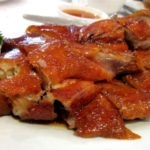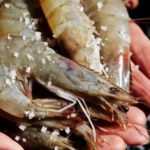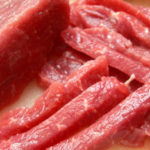1 Optimizing Brain Development: When to Supplement Your Baby’s Diet
Brain development begins in the earliest weeks of pregnancy, but it’s during the final three months that the fetal brain grows at an accelerated rate, reaching up to 25% of its adult weight.
A well-rounded diet is crucial for the expecting mother, with a focus on brain-boosting nutrients as early as the second week of pregnancy.
It is essential to consume a balanced mix of carbohydrates, proteins, fats, as well as vitamins and minerals such as folic acid, calcium, and iron to support the baby’s overall brain and health development.

2 Fish for Fetal Brain Development
Seafood is an excellent source of omega-3 fatty acids, iodine, selenium, and vitamins B and D, all of which are highly beneficial for fetal development. Research has consistently shown that these nutrients are particularly important for brain development in infants and breastfeeding children.
However, it is important to avoid certain types of seafood such as swordfish, shark, king mackerel, and tuna due to potential mercury exposure.
Freshwater fish, or catfish, are also a great option for boosting your baby’s intelligence. They are easy to digest and absorb, and typically contain higher levels of protein than saltwater fish. Just be mindful of the small bones!
Aim for approximately 350g of fish and seafood per week, but avoid raw or undercooked dishes as they may contain harmful bacteria and viruses.
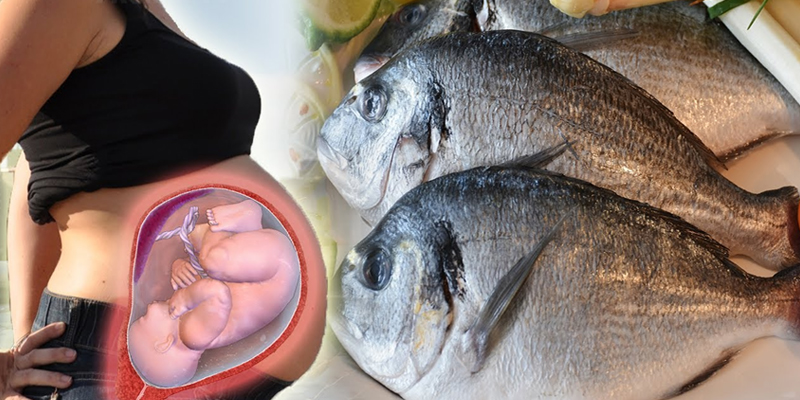
3 Five Types of Fish for a Healthy Mom and Smart Baby
Carp
Traditional wisdom holds that eating carp soup during pregnancy results in a child with a higher IQ, fairer skin, and rosier lips. Carp is also believed to help stabilize the pregnancy and is often recommended for mothers who have experienced miscarriages.
Carp-based dishes are thought to increase lactation, improve digestion, heal ulcers, strengthen the spleen and stomach, and relieve coughs. All of these benefits contribute to better absorption of nutrients for both mother and child, leading to healthier brain development.
Aim for 500g of carp per week to support a healthy pregnancy and enhance your child’s brain development.
Reference:
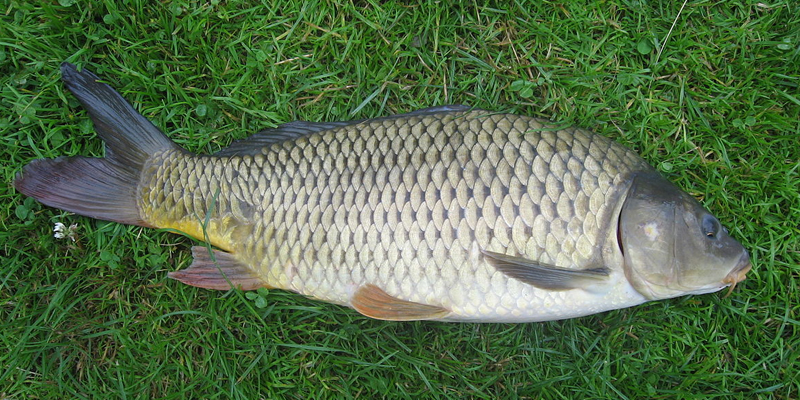
Sardines
Sardines pack a powerful nutritional punch. Just one tablespoon provides over 400mg of omega-3 fatty acids, along with essential minerals like protein, sodium, niacin, iron, vitamin B12, and calcium. Plus, they’re low in mercury, making them an excellent choice for pregnant women.
Sardines are incredibly versatile and can be used to make fish sauce, or cooked in a variety of delicious ways: think sardines in spicy tomato sauce, fried sardines with a crispy coating, sweet and sour dried sardines, sardine paste, or crispy fried sardines.
Aim for 250g of sardines per week to boost your nutritional intake.
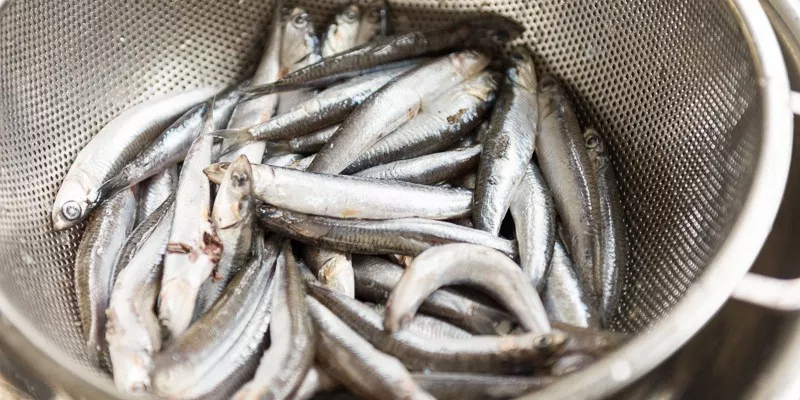
Salmon
According to nutrition experts, salmon is an optimal choice for supporting the development of your baby’s nervous system and brain while in the womb.
Salmon is rich in omega-3 fatty acids and provides a substantial amount of DHA, both of which are crucial for brain health.
Aim to include 360g of salmon in your weekly diet.
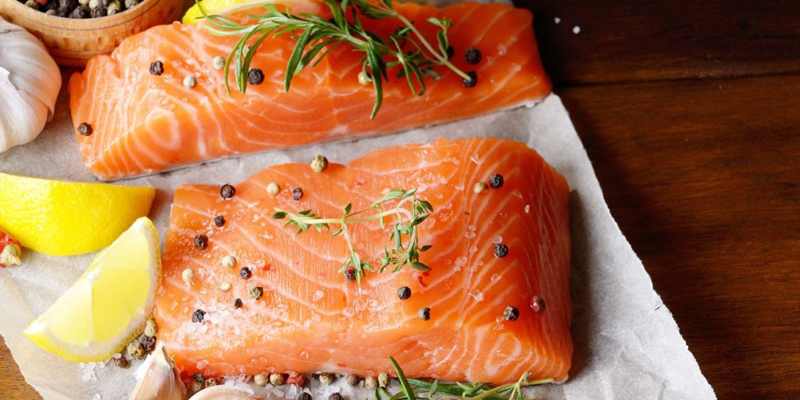
Basa
Basa is a fantastic source of DHA, which is essential for maximizing brain stimulation in fetuses and young children. It’s also a great way to get those healthy fats that benefit both mother and child.
Eating basa regularly can help prevent common issues during pregnancy, such as irregular heartbeats, and reduce the risk of pre-eclampsia and anemia.
Aim to include 350g of basa per week in your diet, starting from the seventh month of pregnancy.
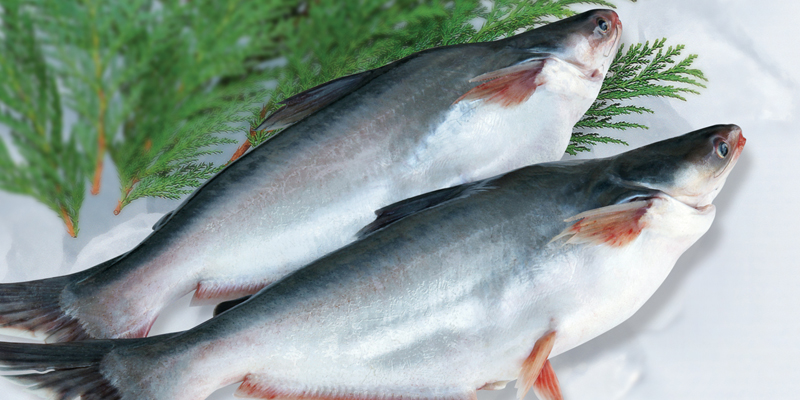
Herring
Herring is a mild, non-fishy tasting fish that’s low in fat and packed with brain-boosting nutrients. It’s an excellent source of omega-3 fatty acids and collagen, which are essential for the development of your baby’s brain, as well as their skin, tendons, bones, ligaments, nails, and hair.
Herring can be introduced from the very early stages of pregnancy, with a recommended intake of 200-300g per week for both mother and baby.
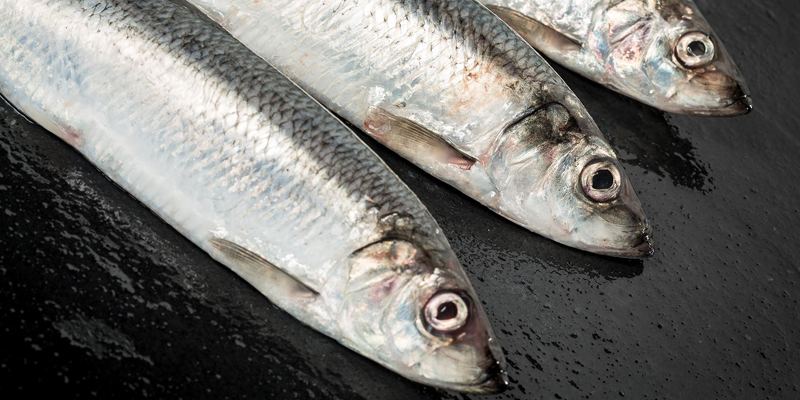
If you’re unsure about what to eat to boost your baby’s brain power, these five types of fish provide a diverse and nutritious answer. Just remember to enjoy them in moderation and as part of a balanced diet!
Expert Advice on How to Identify Unsafe Food
Are you aware of how to inspect food for possible safety risks? With the presence of food products from unclear origins and chemicals used as preservatives, it is important to be vigilant in selecting food items for our families. Join us in the Food Tips section to take a closer look at how to select safe and healthy food for our families!
























